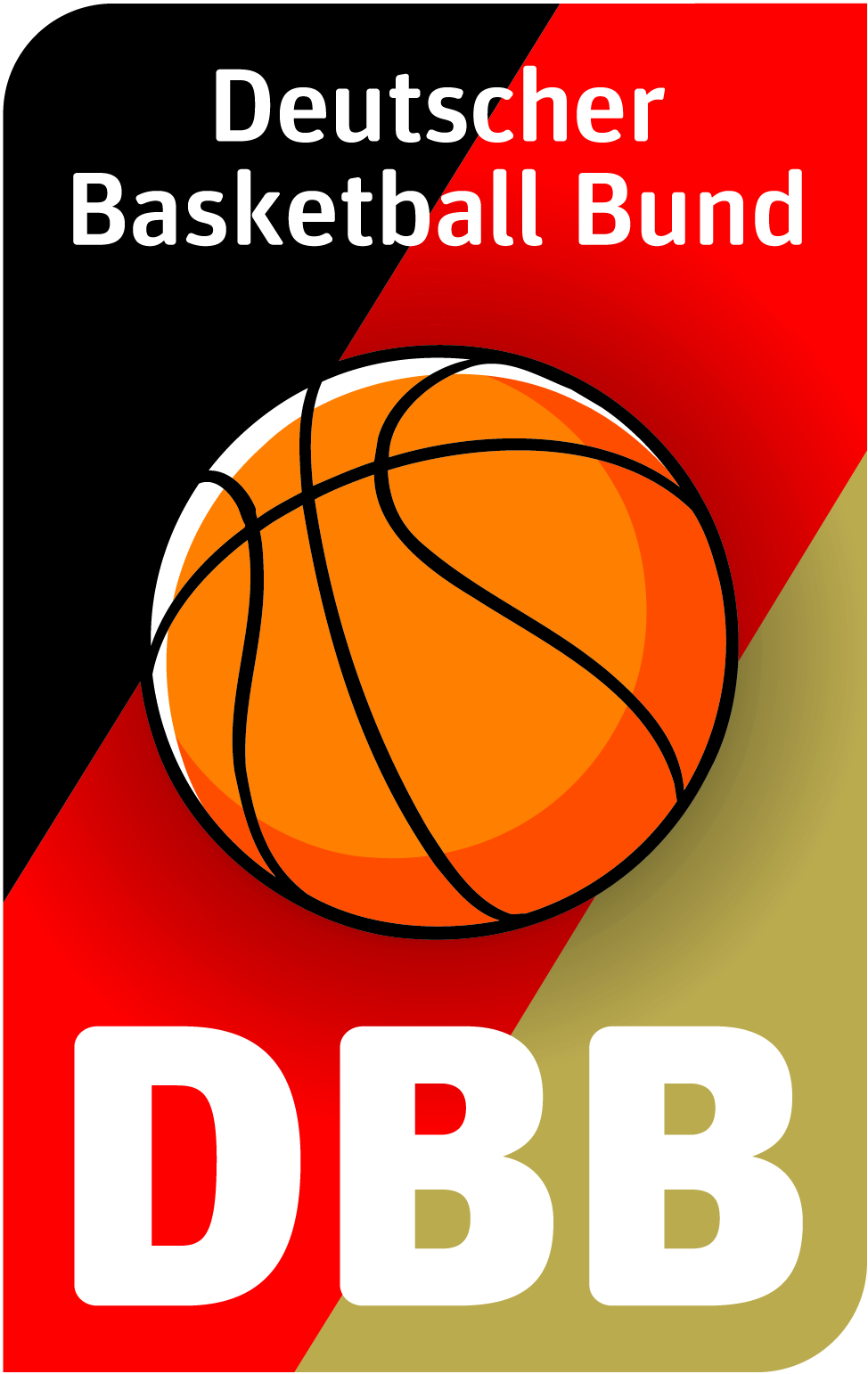The impact of coaches' character on youth basketball players
(Die Auswirkungen des Charakters der Trainer auf jugendliche Basketballspieler )
If utilized effectively, recreation and sports can serve as major tools for developing youth, improving the educational environment, and increasing the number of productive adults that are healthier physically and mentally to positively impact society. Most research targeting recreation and sports developing youth has the perspective primarily of parents and youth.
Evaluating the character strengths of coaches and youth athletes who actively participate in team basketball is vital.
An exploration of the value of basketball and character strengths of (n = 64) youth athletes, between the ages of 12 to 16 years, and the impact of their involvement with coaches that exhibit high and low character levels, drives this study. Surveys were sent electronically to 20 coaches and 13 completed the survey to determine their character strengths. The instrument consisted of a 96-item survey and 5pt Likert scale. Based on interview responses, character survey results, and voluntary consent of the coaches, nine coaches and ten teams (5 boys and 5 girls) were identified as participants for the study. Values In Action (VIA) Institute designed the adult and youth surveys. Tabulation of the coaches` survey results revealed the highest and lowest character strength levels. Triangulation of sources were used to acquire diverse information. Observations of teams and interviewing of coaches provided additional data.
At the end of the basketball season, athlete participants from the ten teams completed a 96-item youth survey of character strengths. To disaggregate survey data, an independent t-test was conducted. The coach interview responses were transcribed verbatim using Revo software and subjected to a categorical aggregation analysis procedure.
Thematic analysis and open coding were used to determine seven themes and 10 to 21 codes from interviews. All coaches indicated discipline and respect were high priorities and had four common character strengths: love of learning, leadership, fairness, and teamwork. The ttest revealed no significant (.145) impact of individual character strengths of youth athletes based on the coach character level. The study also recognizes that other factors outside of the sport of basketball, such as community-based organizations and faith-based organizations, may help increase youth character strengths and positive youth development.
ABLE OF CONTENTS
I. INTRODUCTION 1
A. Problem Statement 2
B. Theoretical Framework 3
C. Purpose 7
D. Hypothesis 7
E. Research Questions 7
F. Significance of Study 7
G. Theoretical Sensitivity 8
H. Definition of Terms 10
I. Delimitations 10
J. Organization of Dissertation 11
II. REVIEW OF LITERATURE 12
A. Character Strengths and Positive Youth Development 12
B. Character Development in Adolescence 15
C. Sport-Based Youth Development 16
D. Positive Youth Development 18
E. The Role of the Coach 20
F. Coaches Building PYD through Sport 22
G. Character Development & Coach Education 24
H. Building Strengths of Character 26
I. Summary 29
III. METHODOLOGY 31
A. Research Design & Data Collection 32
B. Adult/Coaching Participants 33
C. Sample Selection of Interview Questions 34
D. Game Observation Checklist 38
E. Youth Participants 38
F. VIA Institute On Character 39
G. Sample Survey Questions 40
H. Trustworthiness 41
I. Summary 43
IV. RESEARCH RESULTS 44
A. Summary of Research Design 44
B. Coach Survey Findings 45
C. Transcribed Interviews 47
D. Findings and Major Themes for Group 1 48
E. Findings and Major Themes for Group 2 55
F. Summary of Themes for All Coaches 60
G. Findings of Codes 64
H. Summary of Codes 65
I. Game Observations 66
J. Quantitative Findings for Youth Surveys 70
K. Summary of Results 70
V. CONCLUSIONS AND RECOMMENDATIONS 71
A. Introduction 71
B. Research Questions Analysis 71
C. Research Sub-Question 1 71
D. Research Sub-Question 2 73
E. Discussion of Social Capital Theory 75
F. Discussion of TPSR Model 77
G. Discussion of PYD 78
H. Summary of Findings 80
I. Recommendations to the Field 81
J. Recommendations for Future Research 83
K. Considerations for Training and Support Organizations 84
L. Contributions and Conclusions 84
VI. REFERENCES 88
VII. APPENDICES 99
A. IRB Approval Letter 99
B. Adult Informed Consent 100
C. Coach Demographic Form 102
D. VIA Adult Survey/Questionnaire Sample 103
E. Youth Informed Consent 104
F. Youth Demographic Form 106
G. VIA Youth Survey/Questionnaire Sample 107
H. Adult/Coach Interview Questions 108
I. Team/Game Observation Checklist 109
J. VIA Institute Approval Letter 11
© Copyright 2018 Veröffentlicht von University of Arkansas. Alle Rechte vorbehalten.
| Schlagworte: | Trainer Persönlichkeit Sportpsychologie Sportsoziologie Relation Basketball Nachwuchsleistungssport |
|---|---|
| Notationen: | Spielsportarten Nachwuchssport Sozial- und Geisteswissenschaften |
| Veröffentlicht: |
Fayetteville
University of Arkansas
2018
|
| Ausgabe: | Dezember 2018 |
| Seiten: | 119 |
| Dokumentenarten: | Dissertation |
| Sprache: | Englisch |
| Level: | hoch |
